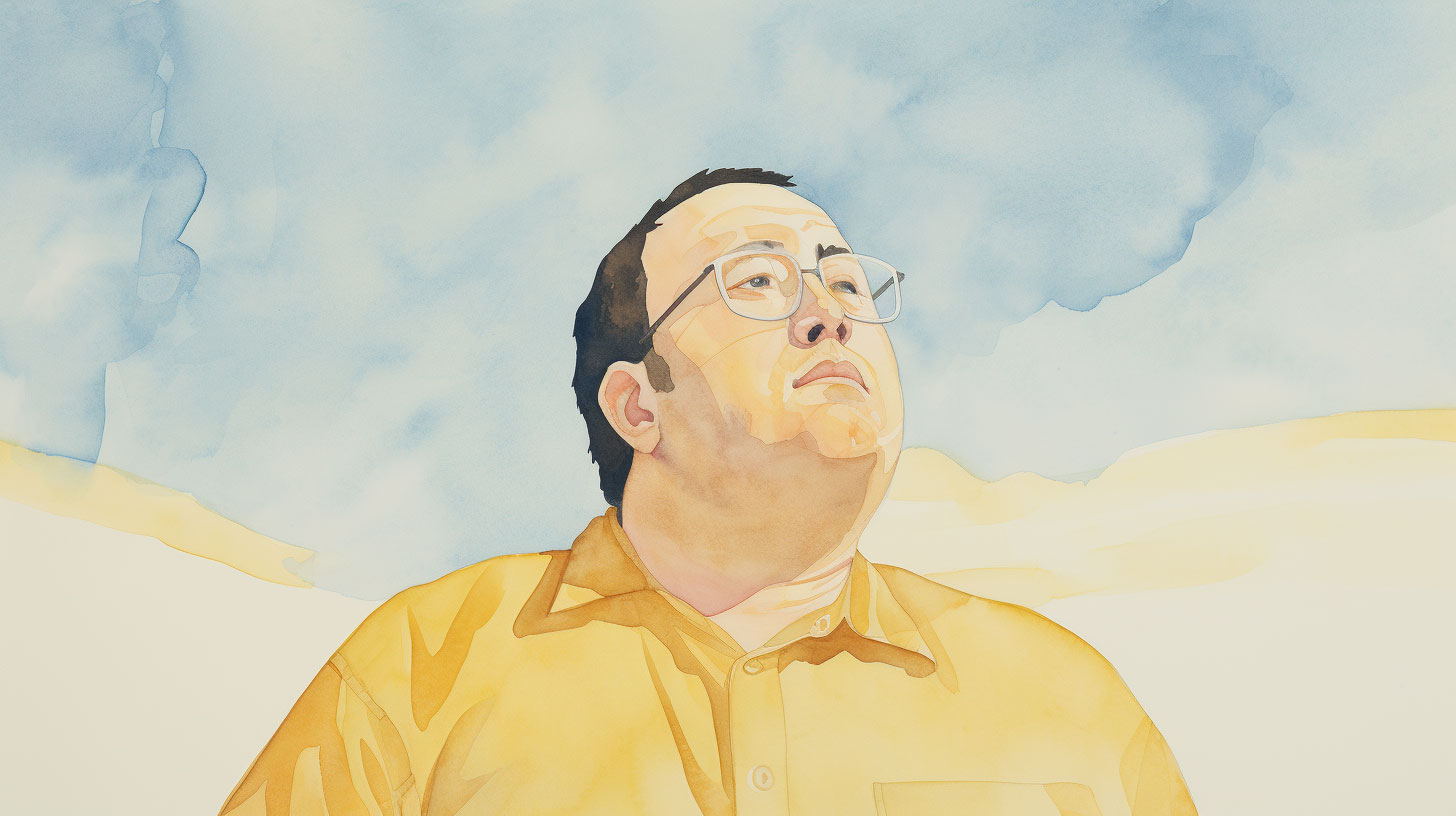Cognitive biases are like lenses through which we view the world, and they can distort our thinking. In the context of OCD, these biases can intensify obsessions and drive compulsions, creating a challenging cycle. Understanding these biases is key to understanding how OCD affects thought processes and behaviors.
Why This Matters
By exploring the intersection of OCD and negative cognitive biases, we aim to provide a clearer, more compassionate understanding of what it’s like to live with OCD. This understanding is not only vital for those directly affected by OCD but also for caregivers, educators, and anyone interested in mental health.
In the following sections, we will delve into each of the 16 negative cognitive biases and illustrate how they can manifest in the context of OCD. This journey is not just about identifying problems; it’s about fostering understanding and empathy, paving the way for more effective support and treatment strategies. Let’s embark on this informative journey together, with patience and a willingness to learn.
OCD Cognitive Biases
Our comprehensive visual guide to Cognitive Biases that characterize OCD

All-or-Nothing Thinking
This is when you see things as either perfect or terrible, with no middle ground. In OCD, someone might think, “If my hands aren’t perfectly clean, they’re absolutely dirty.”

Overgeneralization
This means thinking that if something bad happens once, it will always happen. With OCD, a person might think, “I made a mistake once, now I’ll always make mistakes.”

Mental Filter
This is when you only notice the bad stuff and ignore the good. Someone with OCD might focus only on the one thing they did wrong, not the 99 things they did right.

Disqualifying the Positive
This is when good things don’t count. For example, even if someone with OCD does something well, they might think it’s just a fluke or doesn’t matter.

Jumping to Conclusions
This can be thinking you know what will happen (predicting the future) or thinking you know what others are thinking (mind reading). In OCD, someone might think, “Everyone notices and judges how I do things.”

Magnification (Catastrophizing)
This is like using a ‘thinking telescope’ to make bad things seem way bigger or good things much smaller. In OCD, a small mistake might feel like a huge disaster.

Emotional Reasoning
This is when you think something must be true because of how you feel. Someone with OCD might think, “I feel anxious about germs, so the danger must be real.”

Should Statements
These are times when you tell yourself how things ‘should’ be. In OCD, there might be a lot of rules about how things ‘should’ be done.

Labeling and Mislabeling
This is when you give yourself a harsh label instead of seeing a mistake for just what it is. For example, someone with OCD might think, “I’m a bad person because I can’t control these thoughts.”

Personalization
This is thinking that things are your fault when they really aren’t. In OCD, someone might blame themselves for things they can’t control.

Control Fallacies
This is when you feel externally controlled or believe you have excessive control over others and events. In OCD, a person might feel completely controlled by their routines or rituals.

Fallacy of Fairness
People with OCD might believe life should always be fair, and feel resentful when it isn’t, often focusing on this aspect in their thoughts.

Blaming
This is when you hold others responsible for your emotional pain, or you blame yourself for every problem. In OCD, one might blame themselves excessively for situations out of their control.

Always Being Right
This is the belief that being wrong is unthinkable. In OCD, this can lead to constant checking and rechecking to ensure no mistakes.

Control Heaven’s Reward Fallacy
Believing that sacrifice and self-denial will eventually pay off as if some cosmic justice system rewards these efforts. In OCD, this could manifest in thinking that adhering to compulsions will surely lead to relief or reward.

Emotional Perfectionism:
This is the idea that you must not ever feel anxious, sad, or uncomfortable and if you do, it’s a sign of weakness. This can exacerbate OCD as one struggles to avoid these feelings at all costs.
The old way | ocd.app | |
Cost | $$$ – Therapist costs | $ – Save money |
Evidence | No published evidence | 13 published studies |
Time burden | Long term | 3-4 minutes of your day |
Results | Takes months | 91% see first results within a week |
Privacy | Privacy concerns | Anonymous and private |
User feedback | Mixed | 4.8 / 5.0 (2,635 reviews) |
